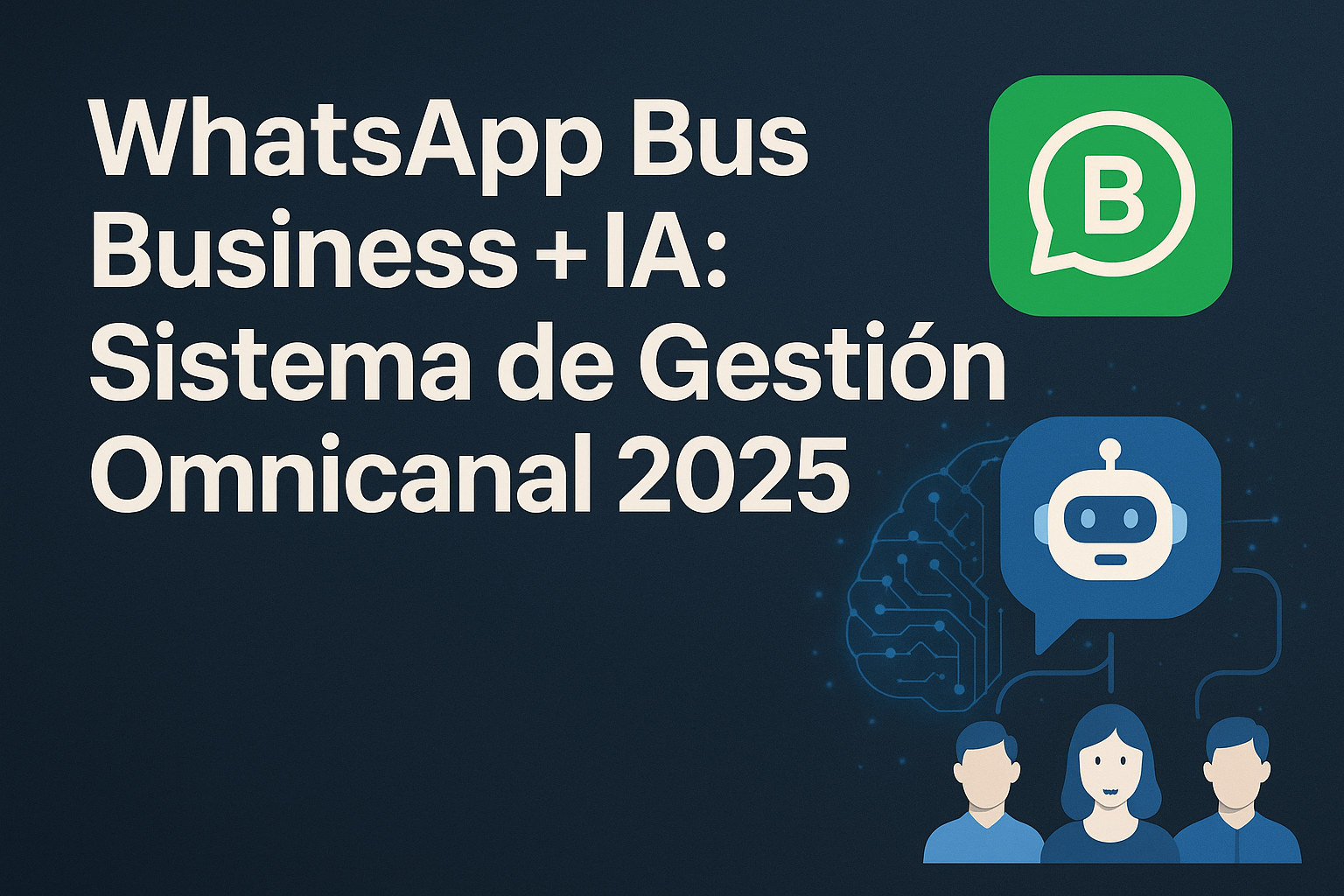The Rise of AI in Home Renovation: Transforming Project Management and Customer Experience
In today's rapidly evolving digital landscape, the integration of artificial intelligence (AI) into home renovation is not just an innovation but a necessity. This shift is redefining how projects are managed and how customers interact with service providers. As a leader in the digitalization of home services, Wolly stands at the forefront of this transformation, leveraging AI to enhance efficiency, accuracy, and client satisfaction in home renovation services.
AI-Driven Project Management in Home Renovation
The traditional home renovation sector has often been plagued by inefficiencies such as project delays, budget overruns, and inconsistent customer communications. However, with AI-driven solutions, these challenges are being addressed head-on. AI technologies such as machine learning algorithms and data analytics are now used to predict project timelines more accurately, allocate resources more efficiently, and even preempt potential disruptions by analyzing historical data and trends.
Market Insights & Data-Backed Analysis
According to a recent market analysis by MarketsandMarkets, the global smart home market is expected to grow from $78.3 billion in 2020 to $135.3 billion by 2025, at a CAGR of 11.6%. This growth is partly fueled by the increasing adoption of AI in home management systems including renovation projects. Furthermore, a survey conducted by Houzz revealed that 28% of renovating homeowners are incorporating smart technology into their projects, which underscores the growing reliance on technological advancements in this field.
Challenges and Opportunities
While the integration of AI into home renovation presents numerous opportunities for enhanced service delivery and customer engagement, it also comes with its set of challenges. One major challenge is the resistance from traditionalists within the industry who are hesitant to adopt new technologies. Additionally, there's the issue of data privacy and security concerning homeowner information. However, platforms like Wolly are tackling these issues by implementing robust cybersecurity measures and conducting continuous education campaigns to demonstrate the long-term benefits of AI integration.
Future Outlook and Expert Recommendations
The future looks promising for AI in home renovation with advancements such as virtual reality (VR) for before-and-after views during planning stages or IoT devices that monitor construction progress in real-time becoming mainstream. Experts recommend that companies continue to invest in R&D to tailor these technologies better to consumer needs while also focusing on user-friendly interfaces that can make these tech solutions more accessible to non-tech-savvy clients.
Conclusion
The integration of AI into home renovation signifies a significant leap towards more streamlined operations and enhanced customer experiences. As this technology continues to evolve and become more ingrained in our daily operations, it will undoubtedly lead to more sophisticated interactions between homeowners and service providers like Wolly.
📢 Discover how Wolly is transforming home services through technology: Learn more

.png)

